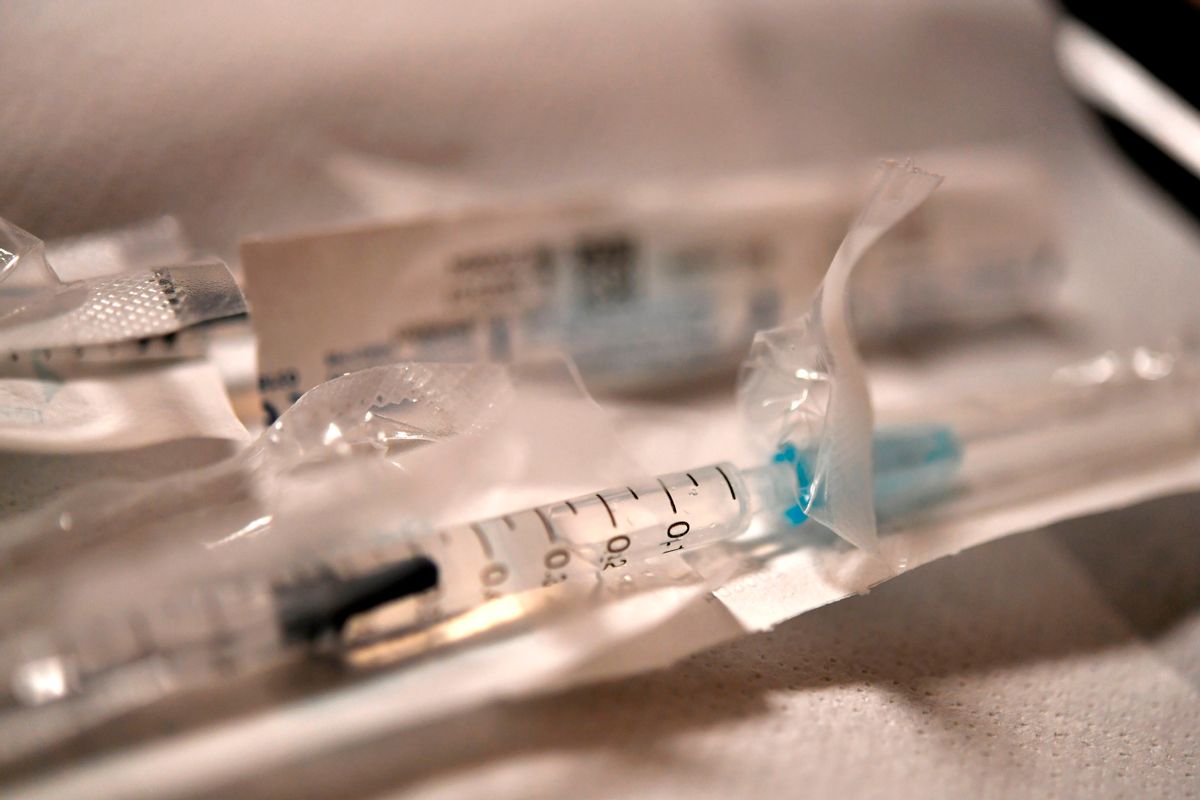Florida physician Gregory Michael died on Jan 3., 2021, 18 days after receiving the first dose of Pfizer's COVID-19 vaccine. The death, described by Michael's wife in a Facebook post and later reported by USA Today and the New York Times, among others, was the result of acute immune (or idiopathic) thrombocytopenia (ITP) — a disease in which the body's immune system turns against the platelets in blood that allow it to clot.
Other drugs and vaccines have been known to cause, in extremely rare cases, this same condition, and there is legitimate scientific debate over the possibility that the COVID vaccine precipitated this immune response. Several case reports suggest that COVID-19 itself can cause this condition as well.
In a statement, Pfizer said it does not believe the death was directly caused by the vaccine, as reported by the Times:
Pfizer, the maker of the vaccine, said it was “actively investigating” the case, “but we don’t believe at this time that there is any direct connection to the vaccine.”
“There have been no related safety signals identified in our clinical trials, the post-marketing experience thus far,” or with the technology used to make the vaccine, the company said. “Our immediate thoughts are with the bereaved family.”
The U.S. Centers for Disease Control and Prevention is also investigating the incident and will "provide timely updates on what is known and any necessary actions," it said in a statement. Based on the current information available, there are a range of qualified opinions on the possible link between the vaccine and this death, but even those most convinced of a link say it should not be cause to limit or avoid vaccination.
Jerry Spivak, an expert on blood disorders at Johns Hopkins University uninvolved in the Micheal case, told the Times that, “I think it is a medical certainty that the vaccine was related," but that this sort of outcome is "going to be very rare" and should not stop people from being vaccinated.
David Gorski, a physician who writes the blog Science Based Medicine, explained that even if a causal association exists between the vaccine and ITP, data from Pfizer's Phase 3 trial indicate it would still be safer to get the vaccine than it would be to take the risk of catching COVID-19:
What if there really is an association between the Pfizer/BioNTech COVID vaccine and ITP? Even in the case that there is such an association, we know that, for the phase 3 clinical trial to have missed it, the incidence of post-COVID vaccination ITP must be very, very low. That would imply that, even if there is such an association, it is far safer to get the vaccine than it is to take the risk of catching COVID-19 – and, again, this is just one story. We do not know if Dr. Michael’s case, as tragic as it is, even indicates potential causation.
Paul Offit, the director of the Vaccine Education Center and an attending physician in the Division of Infectious Diseases at Children's Hospital of Philadelphia, told the Times that, “We’ll keep our eyes open and see if it happens to anybody else … Right now we’re guessing. It’s an association in time, but not necessarily a causal association.”
Because evidence of a causal relationship is lacking, the claim remains "Unproven."

